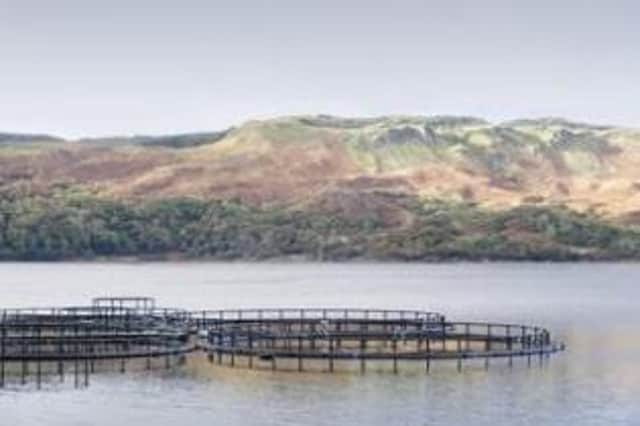Fish farm study is evidence of inter-breeding


The scientific survey conducted on behalf of the Scottish Government found that from samples from 237 sites most areas remained relatively unaffected (Good 76.8 per cent), 8.4 per cent were “poor” and 5.9 per cent “very poor”. Where “introgression” was found it correlated directly to areas of high aquaculture activity .
The report’s executive summary said: “The genetic integrity of populations observed across the country was not uniform. Rather, signs of introgression were concentrated in areas of marine aquaculture production and freshwater smolt rearing.
Advertisement
Advertisement
"Outside these areas, little to no genetic changes were detected. The available evidence indicates that introgression of genetic material from Norwegian farm salmon strains has altered the genetic composition of some populations within rivers near marine aquaculture production.”
Of the 14 sites categorised as very poor, three were in the Western Isles – two in Lewis and one in Harris – while of the 20 noted as poor, three were also in the region, two in Lewis and one in North Uist.
Andrew Graham-Stewart, director of Salmon and Trout Conservation Scotland, set up to protect wild salmon stocks from farmed escapees, said : "Farmed salmon, the great majority of Norwegian origin, are essentially domesticated animals, bred for the table. When they interbreed with our wild salmon, the offspring are inevitably unsuited and unfit to survive in the wild. The future viability of wild salmon is dependent on their genetic integrity not being compromised by domesticated strains.
“It is little wonder that this study has been published by Scottish Government without fanfare.
Advertisement
Advertisement
" It is a damning indictment of the insidious impact of salmon farming and the ongoing failure of the operators of salmon farms to contain their fish.
" It represents yet more evidence why open-net salmon farms should be closed down as soon as is practicable.”